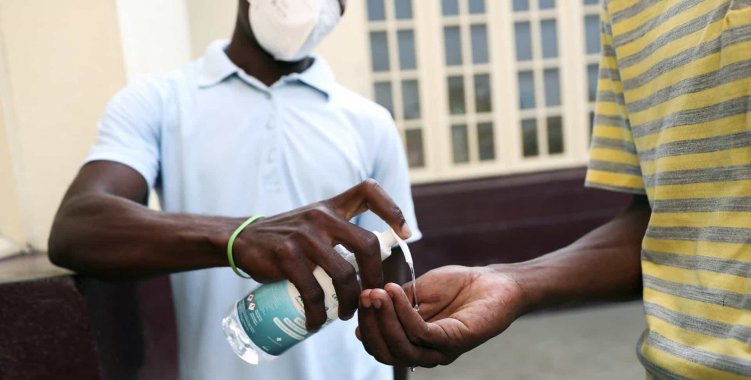With the easing of restrictions, thousands of Angolans opted for the beaches to enjoy the long weekend, with Monday as a "bridge" for civil servants and a holiday on Tuesday, to celebrate International Women's Day.
According to the epidemiological bulletin of the Angolan health authorities released this Tuesday, the 16 new cases were identified in Luanda (15) and in Zaire (one) in people aged between 6 and 71, 13 males and three females.
During this period, no death was reported for the seventh consecutive day, nor did any patient recover from the disease, with 6446 samples processed by RT-PCR with a daily positivity rate of 0.2 percent.
The Portuguese-speaking country has registered an average of 10 cases since March 1, when the new presidential decree on the situation of public calamity that authorized the reopening of beaches and swimming pools and allowed the return of 100 percent of the workforce came into force. in person, with mandatory vaccination certificate, as well as the operation of gyms and religious activities, meetings, parties, funeral ceremonies and in casinos, with the full capacity of the space.
Angola has 98,828 cases of covid-19, of which 1,900 deaths, 96,814 recoveries and 115 in the active phase of the disease.
10 people are also hospitalized and another 10 are in institutional quarantine.
Covid-19 has caused at least 5,996,378 deaths worldwide since the beginning of the pandemic, according to the latest report by the Agence France-Presse, released on Monday.
The disease is caused by the SARS-CoV-2 coronavirus, detected in late 2019 in Wuhan, a city in central China.
The rapidly spreading and mutating Ómicron variant has become dominant in the world since it was first detected in November in South Africa.







